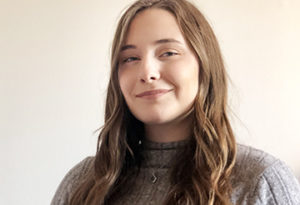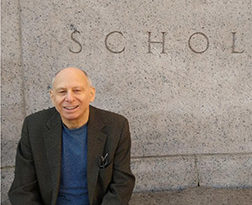Editor’s note: This is the 1st in a series of posts by environmental reporting students on things they learned at the recent Society of Environmental Journalists conference.
By Anne Hooper

Anne Hooper
If you’re anything like me, hearing the word “conference” stirs up anxiety. The thought of being surrounded by experts as they converse in industry jargon is intimidating—especially when you’re there to get a scoop.
With a few tips and tricks, however, you can take intimidation out of the equation.


